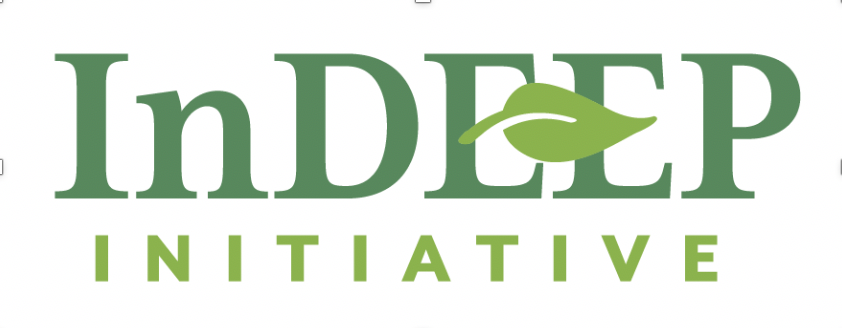Racial Equity Truthtellers: A Zero Moment for Philanthropy?
As someone who has fought for racial equity in and with philanthropic organizations and now seeks to be a difference maker in the political realm as the chairwoman of the Democratic Party in Maryland, Maya Rockeymoore Cummings has what some might consider a bird’s-eye view of the challenges facing environmental philanthropy and the U.S. as a whole.
“I think we are actually at a moment in time where the mirror is up to the face of America,” she said. “We have to answer the question of whether we are OK with basically treading water with regard to addressing the real issue of racial equity, whether as a philanthropic sector or a nation as a whole.”
Rockeymoore Cummings said she believes it’s a “zero moment” for philanthropy and for the nation.
“Are we going to put our money where our mouth is? And are we going to put up or shut up when it comes to addressing racial disparities?”
‘Meet people where they are’
Rockeymoore Cummings didn’t have to go out into underprivileged communities to gain an understanding of the effects of disparity and racism. She’s experienced them firsthand.
“On my mother’s side, I’m only the fourth generation from slavery,” she said. “Three generations before me, my great-grandmother was born into slavery. The fact of the matter is that through my own family experiences I could share a number of stories that would horrify you.”
She said she defines racial equity as “the need to meet people where they are.” Racism and discrimination are historic and systemic, with slavery and desegregation still casting a shadow over Black communities. “The fact of the matter is,” Rockeymoore Cummings said, “when we look at these disparities and how they manifest in our society today, we still have systems that operate with double standards.”
Maya Rockeymoore Cummings
Cookie-cutter solutions don’t work, especially for population groups that have historically faced discrimination.
“We must take an approach that customizes the nature of the solution so they can actually reach whatever goal they need to achieve,” she said. “That means those who have been harmed, often for an extended period of time, get the requisite intervention to support their full recovery and ability to survive and thrive.
“Sometimes that means you have to treat various population groups differently so that you make the right investments and provide the right strategic support to get everyone to the desired outcome.”
Opportunity for change in philanthropy
The key for philanthropy, particularly environmental philanthropy, is funding organizations led by people of color that are actually in the impacted communities.
“The common pattern is that philanthropy will develop grant programs designed to alleviate the burden and suffering of ‘disadvantaged groups’ then give grants to organizations composed almost entirely of advantaged people and groups and expect them to solve the problem,” Rockeymoore Cummings said.
She said because these groups have no existing relationships in the communities they are supposed to serve, they end up “knocking on the doors of anchor institutions or groups that are actually indigenous to the affected communities and asking them for free help to navigate the communities, without providing the resources of a true partnership.
“It literally amounts to philanthropic redlining.”
The positive, Rockeymoore Cummings said, is that everyone has an opportunity to improve their capacity; philanthropy doesn’t have to continue this pattern.
She said she encourages organizations to invest in anti-bias training and an equity audit to examine their own policies and practices and determine where biases exist within their own organization. That extends to hiring and training practices.
And it goes to the personal level, too. “I would encourage grantmakers to do their own work in terms of de-biasing techniques and strategies,” she said. “When they understand where their blind spots are, they can truly do their work in an authentic, incredible way.”
Most importantly, they have to commit to going beyond talk and actually doing the work.
“If we are really and truly dedicated to addressing these issues in a way that changes the trajectory and the destiny of people who are negatively affected, it’s not enough to simply say the word ‘equity,’” Rockeymoore Cummings said. “You have to act in a way that actually changes systems and outcomes.”


